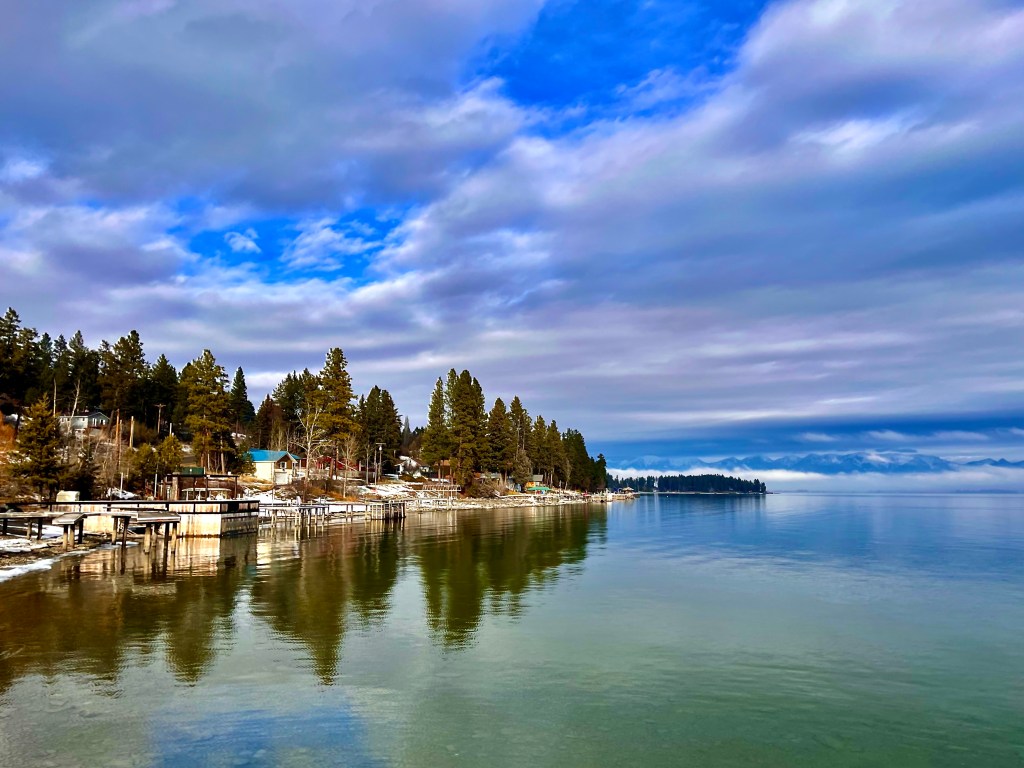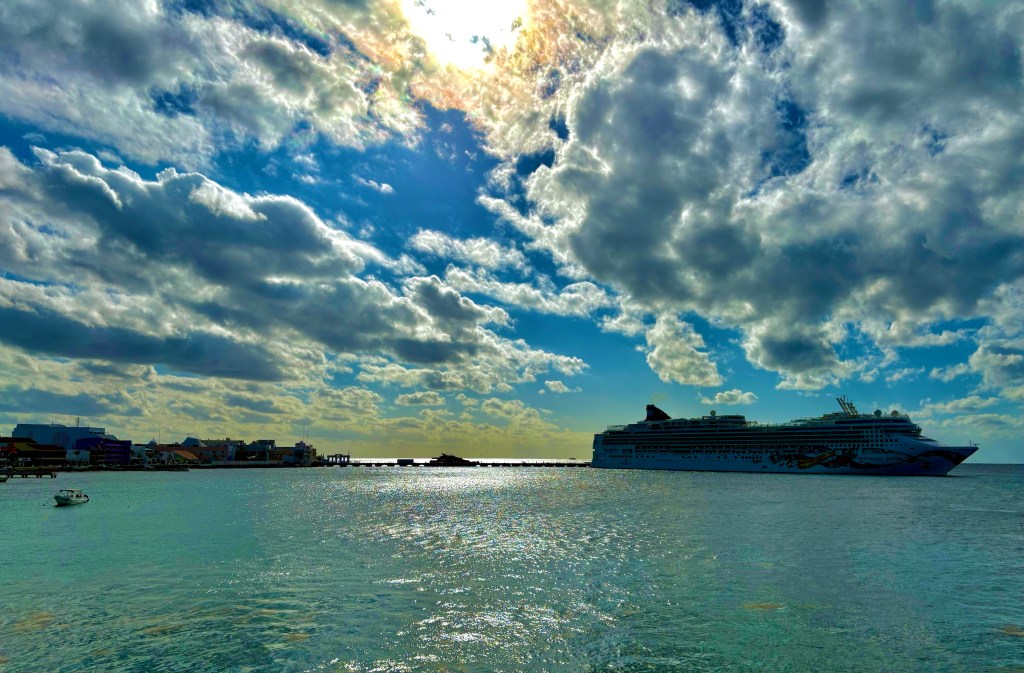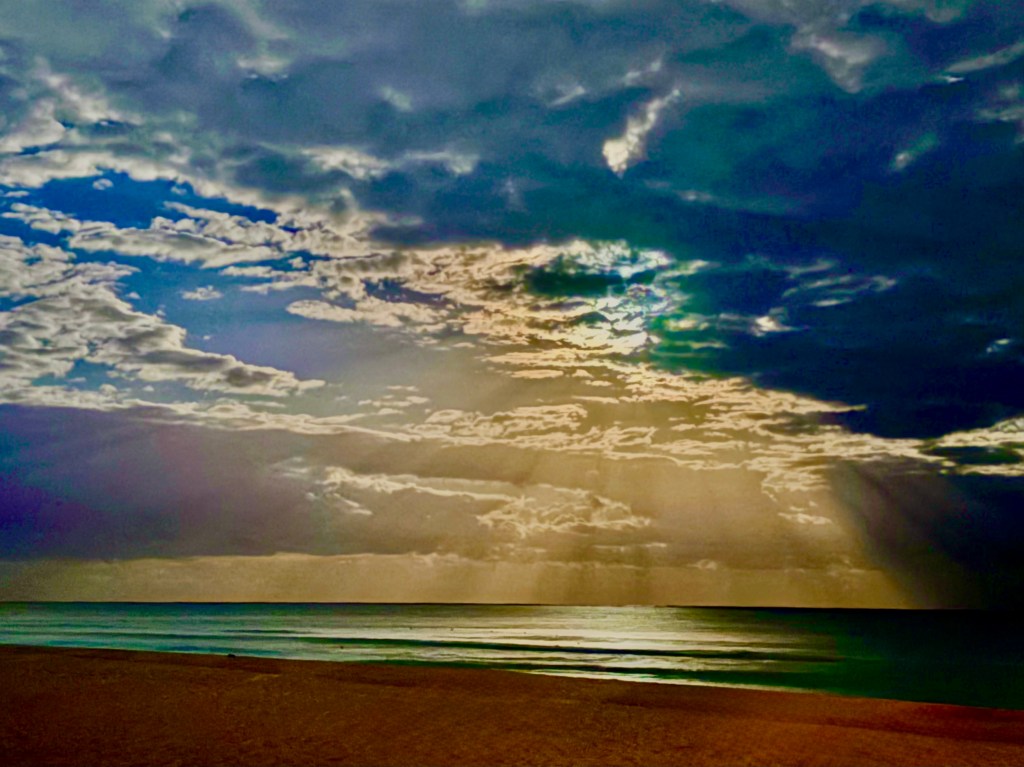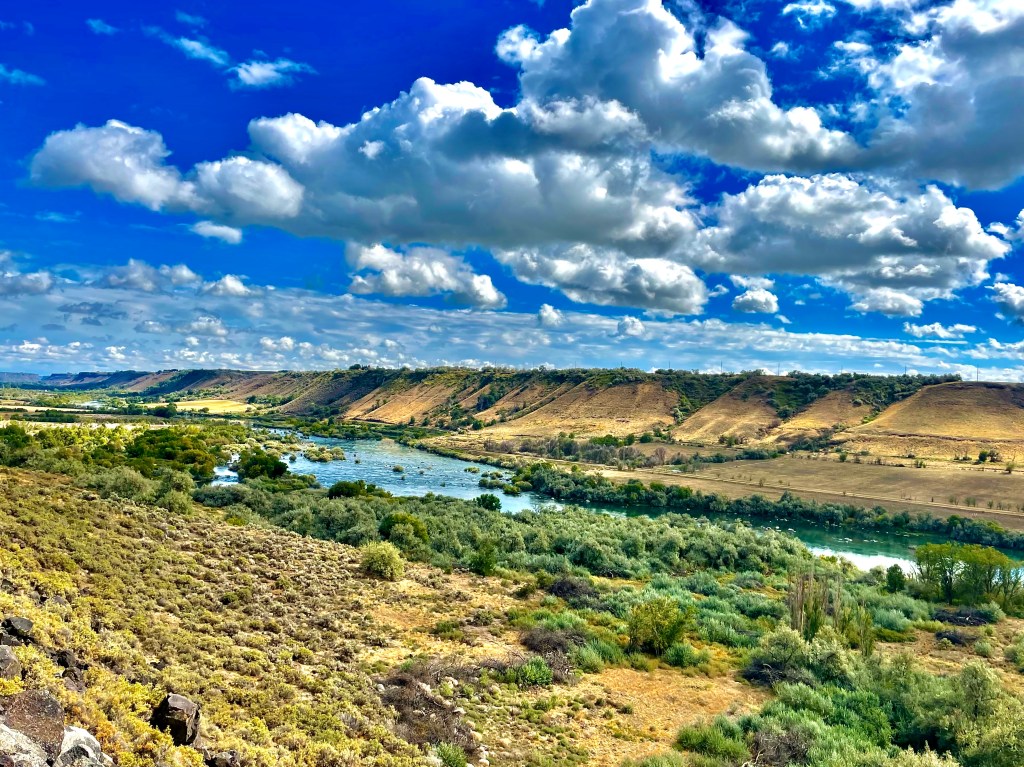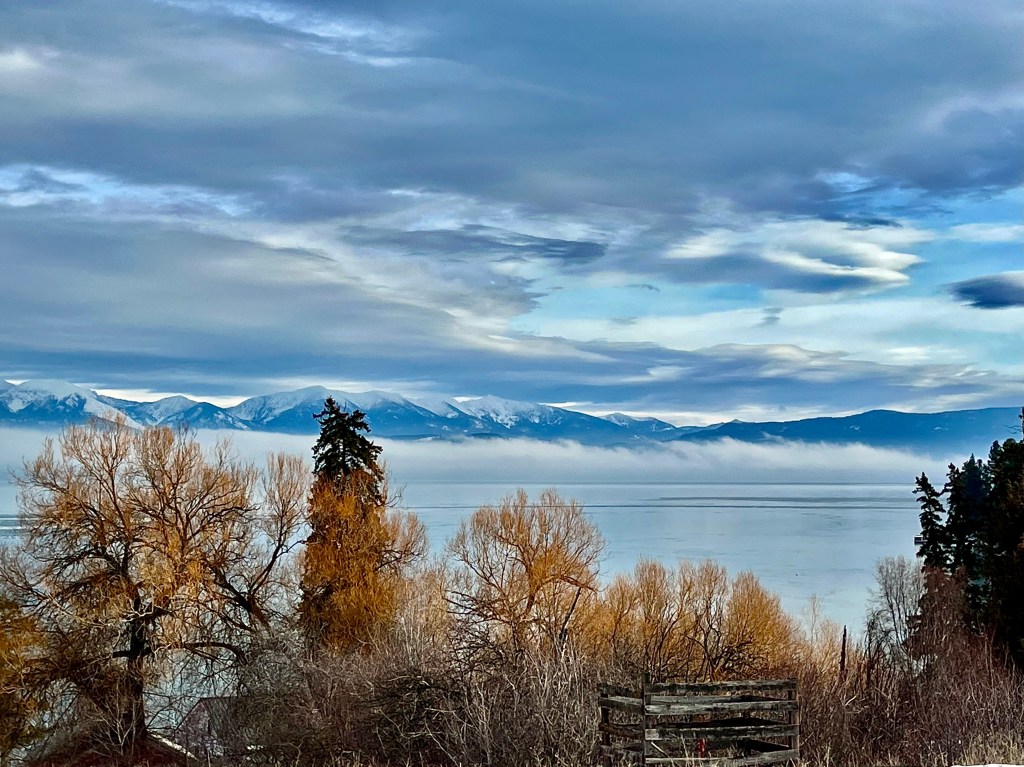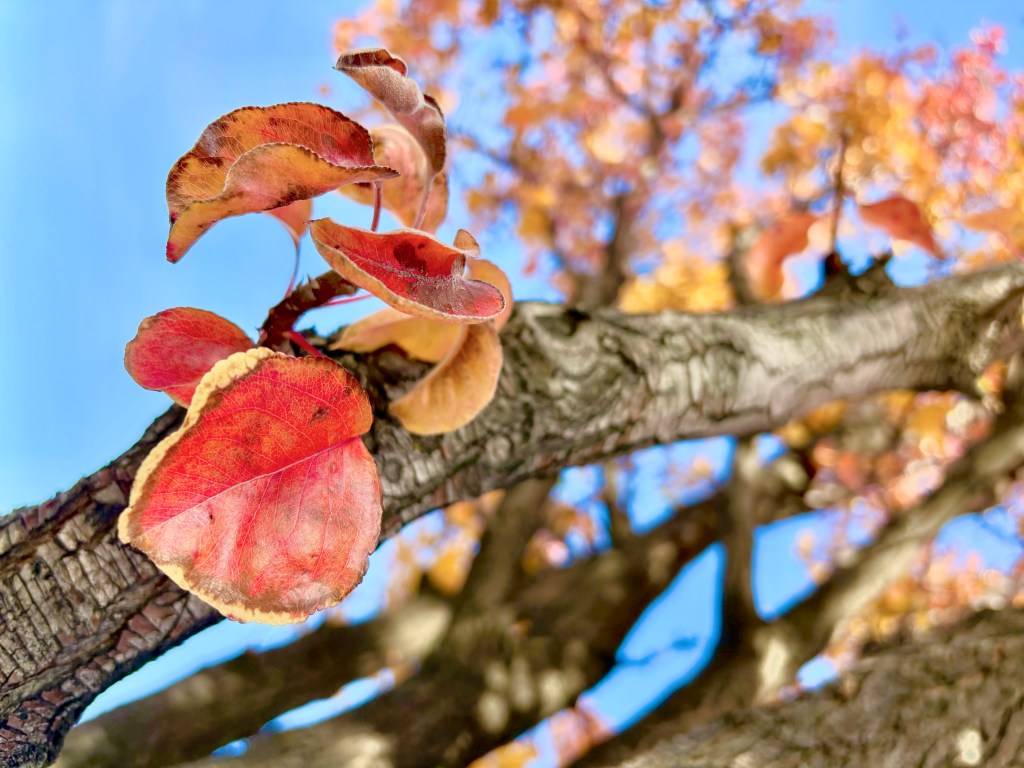“Who do you say that I am?” — Matthew 16:15, NIV
Jesus asks a piercing question.
We live in an age of endless questions — even in the life of the church, where questions about origins, authorship, history, science, genre, and intent abound.
Seven days or billions of years?
What version of the Bible is right?
Which scholar has the better argument?
Whose voice should we trust?
And to be fair, many of those questions matter — deeply. Our capacity to think and reason is a gift from God. Loving Him with all our minds means wrestling honestly with Scripture and the world it describes. But there is a subtle danger in all this.
Some questions never question you.
You can debate creation timelines and never ask what is shaping your soul. You can argue over which Bible translation is best and still refuse to obey the one you already have. You can carefully dissect theories and scroll through endless opinions about the origin of the universe and still never confront the divided loyalties and unrest in your own heart. You can study the Exodus and still refuse to leave your own Egypt.
Information has its place. But Jesus invites something deeper.
John writes, “The Word became flesh and made His dwelling among us” (John 1:14, NIV).
In that moment, God moves the conversation from theory to encounter. When God comes near, observation and opinion are not enough.
Jesus is not an idea. He is the One who welcomed children, touched lepers, forgave sinners, and stretched out His hands on a cross for people who had no intention of thanking Him. The Cross is not an idea to analyze. It is a love to receive. And when you begin to receive it — something changes.
Anger loses its grip. Old patterns come into the light. Shame no longer has the final word. The risen Christ does not remain a figure on a page. He sends His Spirit — not to win arguments, but to be with you.
To sit beside you in grief.
To remain when others grow quiet or disappear.
To soften bitterness before it takes root.
To steady you when temptation presses in.
To strengthen you when faith feels thin.
To fill the hollow places disappointment has carved out.
To whisper, “I am here.”
We can wrestle with questions about creation and origins endlessly and still miss the new creation God longs to form within us.
Jesus said, “This is the verdict: Light has come into the world” (John 3:19, NIV).
The verdict is not only a future courtroom. It is a present encounter. When Light enters the room, things are revealed — our pride, our fear, our compromise, our quiet self-deception. But the Light does not only expose.
Jesus continues: “Whoever lives by the truth comes into the light” (John 3:21, NIV).
In Him we begin to see both our need and our possibility. Not condemned and dismissed — but seen and invited. For truth, in the end, is not merely something we believe. Truth is a Person. It is Jesus. And suddenly the dialogue becomes a decision. Not about ancient texts, but about a present Lord.
In the end, the most important question is not one you ask.
It is the one Jesus asks of you.

